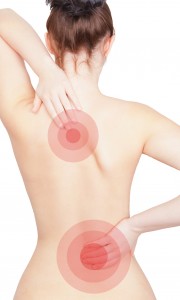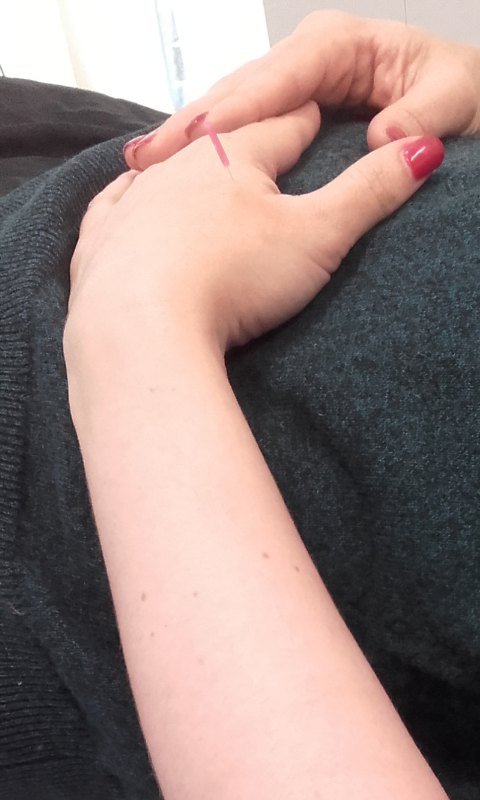Low back pain is an all too common ailment that affects millions of people of all ages, backgrounds and professions, this Back Care Awareness Week the Newcastle Sports Injury Clinic are offering advice and support in a series of blog posts to help you identify possible causes of lower back pain, exercises to help elevate back pain and information on when and how to seek treatment for your back pain.
Back pain can have many causes, from injured or strained muscles or ligaments, to repetitive wear of the discs or joints between the vertebrae, or less commonly due to more serious underlying medical conditions. It is the job of your therapist (be this GP, Physiotherapist or Osteopath etc.) to determine what is causing your pain, and hence what is the most appropriate treatment course for you.
 The majority of cases of back pain fit into the enlightening category of “non-specific low back pain” i.e. pain resulting from the mechanical injury or poor functioning of one or more of the various supporting structures of the spine. These cases fall into the arena of manual therapists, such as Physiotherapists, Osteopaths, Chiropractors and Sports Therapists.
The majority of cases of back pain fit into the enlightening category of “non-specific low back pain” i.e. pain resulting from the mechanical injury or poor functioning of one or more of the various supporting structures of the spine. These cases fall into the arena of manual therapists, such as Physiotherapists, Osteopaths, Chiropractors and Sports Therapists.
Newcastle Sports Injury Clinic therapists provide hands-on treatment of soft tissue massage and joint stretching and mobilisation to alleviate your symptoms and help you return to a pain free state.
If you have pain spreading into your legs, this can be referred from sources of pain in your low back, or it can be due to a pinching of one of the sciatic nerve roots as it emerges from in between the vertebrae of your spine, causing the feeling of pain down the back of the leg, often described as electric shock-like. This is most commonly due to a ‘slipped disc’ or ‘disc bulge’ or ‘prolapse’ causing pressure on the nerve. The spinal discs serve as shock absorbers between the vertebra and frequently show signs of wear from the repetitive strain of standing upright; they can withstand tears in the outer fibres, but sometimes this allows the inner disc material to bulge outwards where it can compress the local spinal nerve.
Again, most times these tend to settle down of their own accord, however, recovery can be supported with manual therapy, treatment at this stage has also been shown to help prevent reoccurrence.
In instances where the nerve pain is not resolving, or is getting worse, your GP may send you for an Xray or MRI scan to assess the degree of wear and/or compression in the spine. Surgical options include nerve injections which can help alleviate the pain felt from pinched nerves as the irritated disc is settling, or possible spinal surgery to remove the offending portion of the disc. Generally, you would not be considered for surgery until you have first tried the more conservative options of manual therapy and painkillers and anti-inflammatories prescribed by your GP.
Our therapists at Newcastle Sports Injury Clinic are experienced in the diagnosis and treatment of low back pain, and will discuss with you your treatment options and support your recovery. If you have any questions about symptoms that you may be suffering with, contact us and we will be happy to discuss further.

